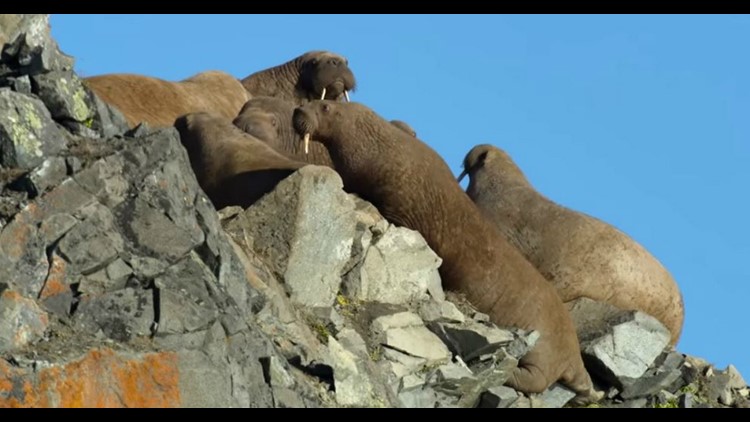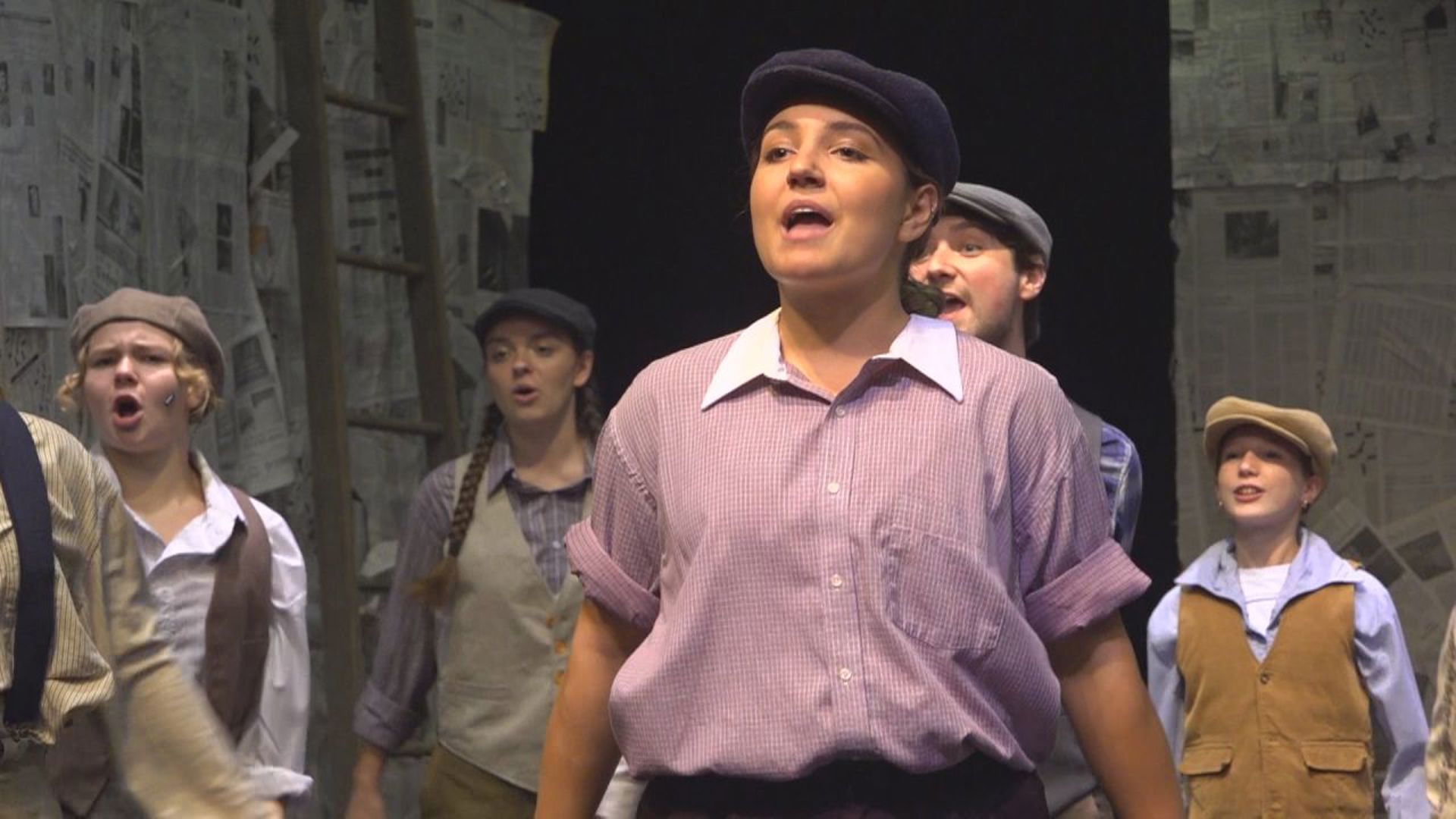WARNING: The above clip may be disturbing for some viewers
Our Planet clocks in at eight episodes, but it’s a single scene from the newly released Netflix documentary series narrated by David Attenborough that’s making waves.
It’s found in Episode two, “Frozen Worlds,” and it involves hundreds of walruses falling to their deaths.
The series was made over the course of four years by the same team that gave us the BBC’s Planet Earth series, and Quartzy highlights a distinction between the two: the Netflix series much more actively incorporates climate change and its impact on our planet’s animals.
An explainer of the jarring scene, and reaction:
- The episode’s producer and director, Sophie Lanfear, spoke with People about her interest in documenting the change walruses are experiencing in Russia, where they eat clams surfaced by the summer thaw, then, traditionally, rest on sea ice. With the ice melting, they must “haul out” instead on beaches, swimming to get there. Lanfear says she spent 2.5 years selecting a haul-out location and figuring out how to film it.
- Once filming began, some walruses flopped much higher than anticipated after the beach filled up—reaching a flat space on cliffs roughly 250 feet high. After resting for days, they were ready to return to the water. That’s when the horrific scene unfolded. “You’re rooting for them not to go over the edge and for them to go back down the way they came,” says Lanfear, but only a small number took that route. Most stepped off the cliff to their deaths. Lanfear says she hopes the scene will prod people to live a more climate-friendly life.
- Not everyone is on board with Netflix’s portrayal of climate change as the villain in this incident. The Telegraph shares sharp criticism from Canadian zoologist Susan Crockford, who cited a 2017 incident in which walruses went over the cliffs’ edge in Russia in a bid to escape polar bears. “Even if the footage shown by Attenborough was not the 2017 incident in Ryrkaypiy, we know that walruses reach the top of cliffs in some locations and might fall if startled by polar bears, people, or aircraft overhead, not because they are confused by shrinking sea ice cover,” she said. The paper notes bonus footage from the episode does show polar bears on the cliffs.
- While the Atlantic cites similar walrus deaths in the ’90s involving smaller groups of males, it also has some pushback from Anatoly Kochnev, a Russian naturalist involved in the walrus footage who has been studying walrus haul-outs for 36 years. He argues climate change is an issue that’s upping the frequency of the haul-outs and altering the makeup of them: He says haul-outs never used to involve females and calves, as they do now.



